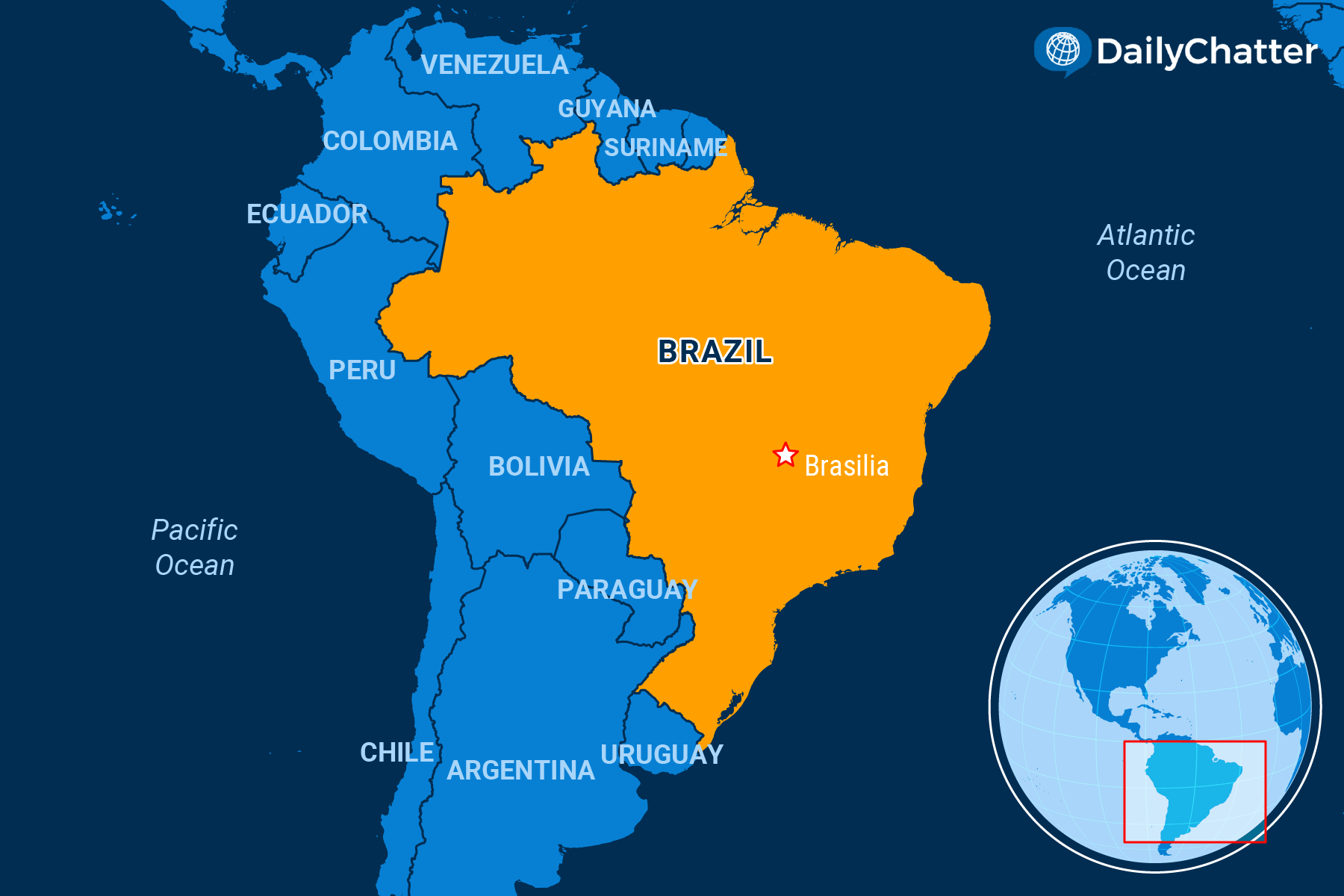Who Decides?

Brazil’s upper house of parliament passed a draft constitutional amendment this week to limit the ability of Supreme Court judges to rule on issues individually, a move supporters say is aimed at curbing the judicial overreach of the country’s top court, Reuters reported.
The bill, still pending approval from the lower chamber, mandates that decisions made by Brazil’s Congress can only be overruled by the full plenary of the Supreme Court or a chamber of justices, and not by an individual judge.
It also introduces deadlines for case resolutions when judges request additional time for study, emphasizing that such requests be made collectively rather than as individual requests.
The amendment comes amid backlash from Brazil’s conservative-led Congress against a judiciary that played a crucial role in safeguarding the country’s democratic voting system against attacks by former President Jair Bolsonaro.
Lawmakers have accused the Supreme Court of overstepping into legislative functions after a series of rulings on social issues, such as facilitating gay marriage.
The tipping point for Congress was the court’s rejection of restrictions on Indigenous land claims that had been advocated by the influential farm lobby.
New disputes are expected to take place as the Court moves to decide on decriminalizing abortion, and marijuana possession.
Meanwhile, legislators are proposing other amendments, such as term limits for Supreme Court justices, and empowering lawmakers to overturn its decisions later deemed unconstitutional.
Chief Justice Roberto Barroso criticized the congressional movement, viewing it as detrimental to democracy.

Subscribe today and GlobalPost will be in your inbox the next weekday morning
Join us today and pay only $32.95 for an annual subscription, or less than $3 a month for our unique insights into crucial developments on the world stage. It’s by far the best investment you can make to expand your knowledge of the world.
And you get a free two-week trial with no obligation to continue.
